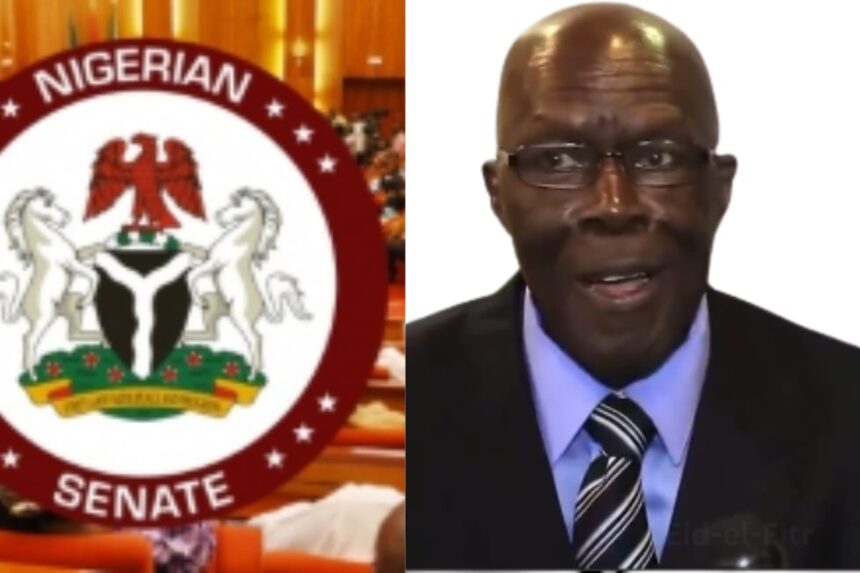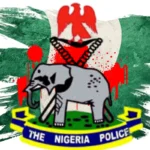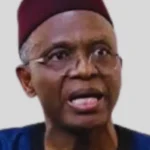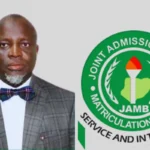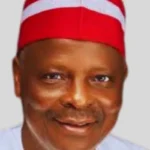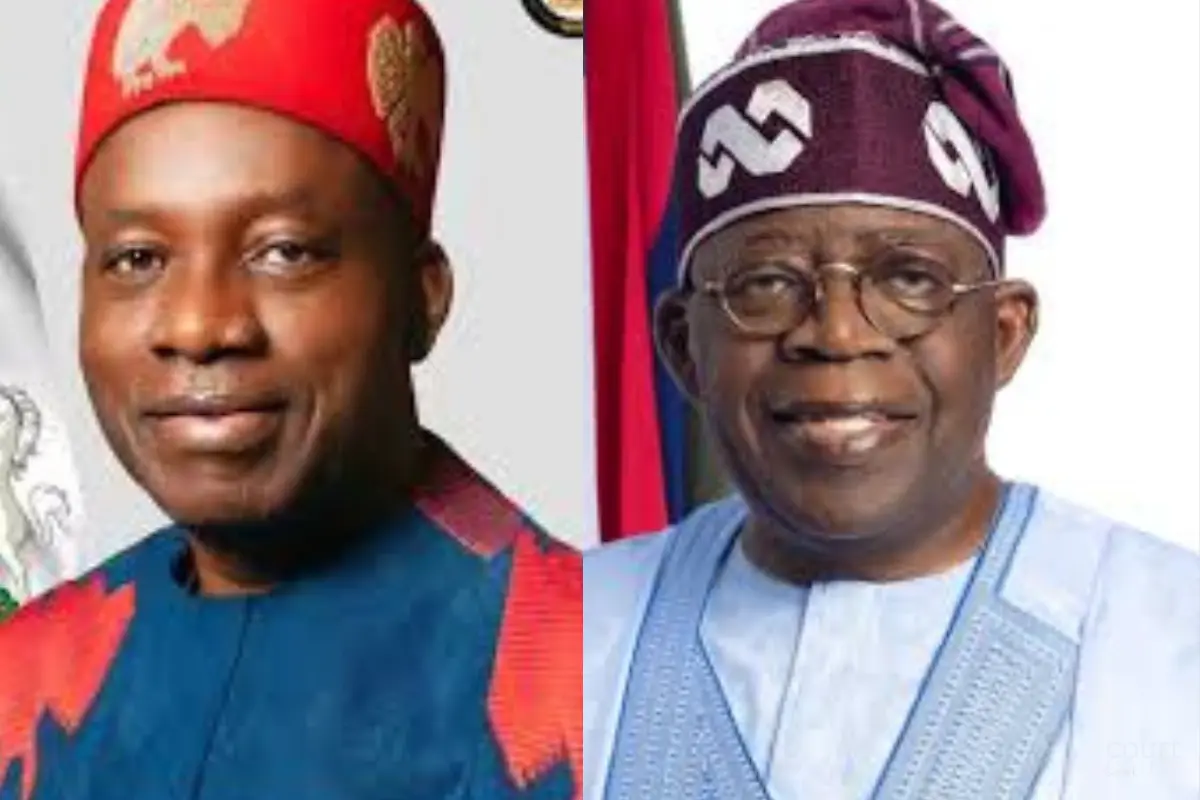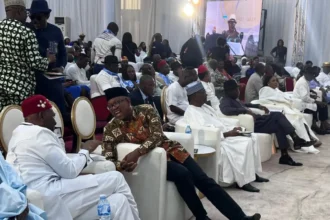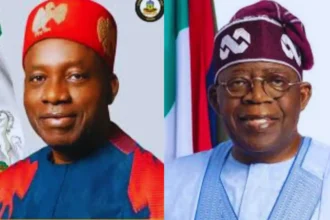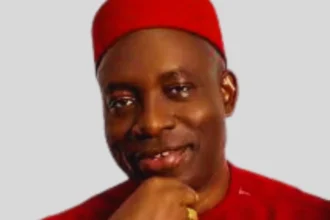The Nigerian Senate has stirred debate by rejecting a motion to honor the late Prof. Humphrey Nwosu, the electoral chief who oversaw the June 12, 1993, presidential election—widely regarded as Nigeria’s freest and fairest poll. The decision has sparked discussions about the inconsistencies in acknowledging the key figures of that historic election.
The June 12 election, which saw Chief MKO Abiola emerge as the presumed winner, has been officially recognized by successive administrations as a pivotal moment in Nigeria’s democratic journey. Former military president, General Ibrahim Babangida (retd.), who annulled the election, acknowledged in his memoir that Abiola won in a credible and transparent process. This recognition led to the declaration of June 12 as Nigeria’s official Democracy Day in honor of Abiola.
However, despite acknowledging Abiola’s victory and the credibility of the process, the Senate has refused to extend similar recognition to Prof. Nwosu, the chairman of the defunct National Electoral Commission (NEC), who conducted the election. A motion seeking to rename the Independent National Electoral Commission (INEC) headquarters after him was rejected through a voice vote, with senators divided over his legacy.
Senator Enyinnaya Abaribe, who reintroduced the motion, argued that Nwosu’s role in organizing what has been deemed Nigeria’s fairest election should be acknowledged through a posthumous national honor. He contended that history should recognize not only the winner of the election but also the man who facilitated its success under difficult circumstances.
The motion reignited contentious debates within the Senate chamber. Some lawmakers, such as Senator Osita Ngwu, defended Nwosu’s actions, noting that he worked under military constraints that limited his ability to officially declare the election results. “He conducted a credible election, and history must recognize that. The fact that he couldn’t announce the results was beyond his control,” Ngwu argued.
On the other hand, senators like Jimoh Ibrahim opposed the motion, questioning why the Senate should honor someone who failed to complete the electoral process. “You cannot reward an incomplete task. History acknowledges results, not just efforts,” he remarked.
Further complicating the debate, Senator Afolabi Salisu warned that immortalizing Nwosu could overshadow Abiola’s legacy, stating, “We must be careful not to dilute the recognition given to Abiola, who bore the ultimate sacrifice for democracy.”
Despite the historical significance of Nwosu’s role, the Senate ultimately voted against the motion, agreeing only to observe a one-minute silence in his honor and extend condolences to his family. The decision has left many questioning whether Nigeria’s democratic history is being selectively acknowledged and whether key figures like Nwosu deserve greater national recognition.
